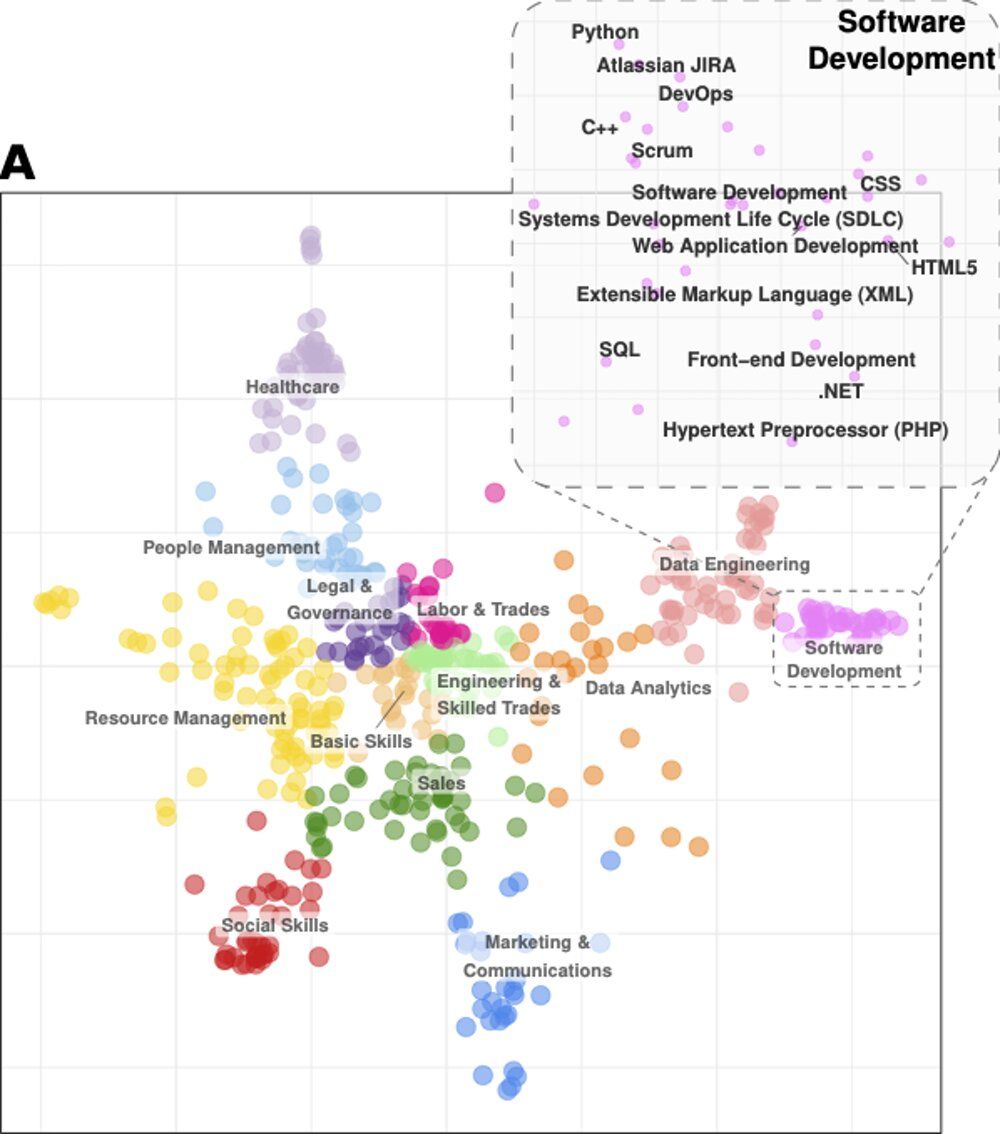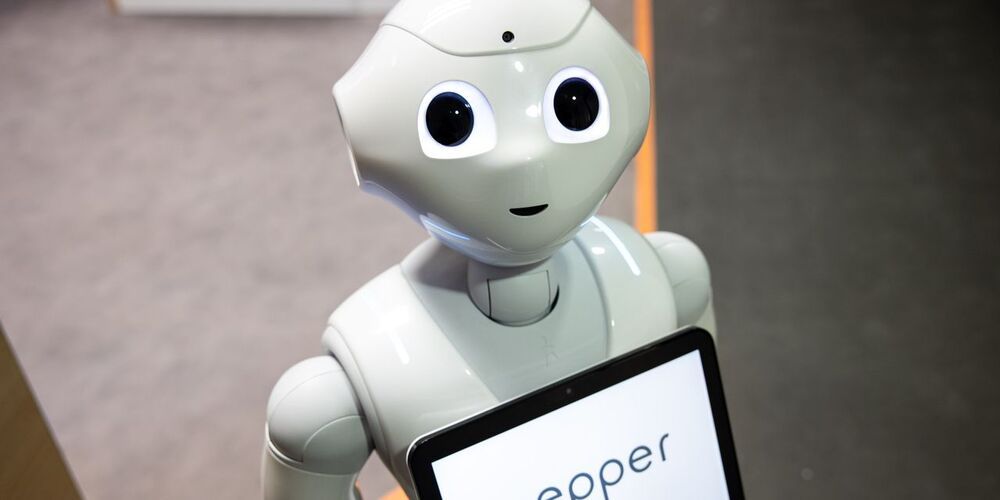From voice-controlled personal assistants to smart robots on factory floors, Artificial Intelligence is having a profound effect on our lives. No surprise then that countries all over the world are trying to stay ahead of the curve. But when it comes to investment, who’s putting their money where their mouth is?
Looking at private funding, the United States leads the way — with well over 23 billion dollars going into the sector last year.
Coming in second is China, with almost 10 billion dollars. That said, Chinese state investment is particularly significant.
And the European Union falls far behind, with investment of just over 2 billion dollars.
So why is the EU lagging? And does Germany — its largest economy — have any plans to play catch-up? An example of AI in action can be found at a Rolls Royce control room just outside Berlin.
Robots destroy jobs and artificial intelligence will soon make us all superfluous. We’ve all seen headlines like that. But the reality of the situation looks a little different. Artificial intelligence is nothing more than a system that processes large amounts of data and makes predictions about the future based on that data. Engine manufacturer Rolls Royce has been a fan of AI for a long time.
Even in emergencies, it keeps its cool. In the control room at Rolls Royce just south of Berlin, safety engineers monitor more than 9,000 airplane engines worldwide. Long before the owners of the commercial jets would even notice a defect, the systems here sound the alarm. Artificial intelligence at work.
The systems are fed massive amounts of data. Then the owners of the aircraft are informed. The plane can then be taken in for maintenance long before the problem becomes expensive or life-threatening.
In the adjacent building, engines are assembled. Many parts are custom-made, previously developed by the design engineers, who also use artificial intelligence. For example, how would it affect the engine if certain components are changed? AI helps to find the best method.
The Center for Artificial Intelligence opened at the Dahlewitz site near Berlin in 2019. People here aren’t afraid that artificial intelligence will take their jobs.
In fact, the mechanics will probably have to install even more sensors and cables in the future. After all, in about five years’ time, the plan is for the aircraft to fly here with hybrid drive systems — based on sustainable fuel and electricity.
Subscribe: https://www.youtube.com/user/deutschewelleenglish?sub_confirmation=1
For more news go to: http://www.dw.com/en/
Follow DW on social media:
►Facebook: https://www.facebook.com/deutschewellenews/
►Twitter: https://twitter.com/dwnews.
►Instagram: https://www.instagram.com/dwnews.
Für Videos in deutscher Sprache besuchen Sie: https://www.youtube.com/dwdeutsch.
#ArtificialIntelligence #AI #RollsRoyce





